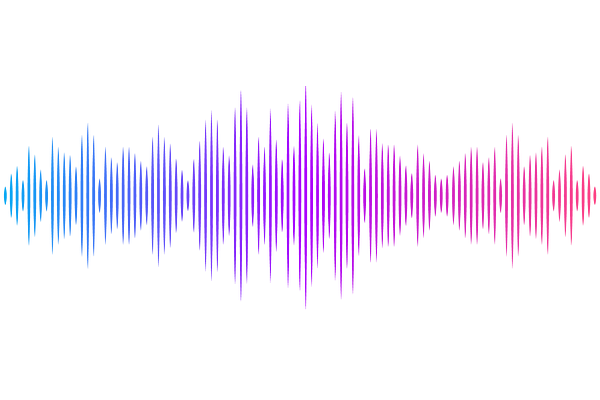Trends in hoaxes of academic communication

Trends in hoaxes of academic communication
Faulkes, Z.
AbstractAcademic journals use peer review to weed out false information, but peer review and other editorial processes are normally confidential. Therefore, individuals sometimes create hoaxes to test whether editorial processes are as robust as they are claimed, or whether they are done at all. This article tracks the occurrence of hoaxes aimed at scholarly publishers and academic conferences since 2000. Since 2009, successful hoaxes usually appeared at a year of one or more a year, usually motivated by academics or journalists exposing so-called \"predatory\" journals. The apparent rise in the number of hoaxes reflects a lack of transparency in editorial processes at both legitimate and \"predatory\" journals. Reaction of academic communities to hoaxes varies widely depending on the perceived intent of the target of the hoaxes and whether the hoax demonstrates what the hoaxer claims.